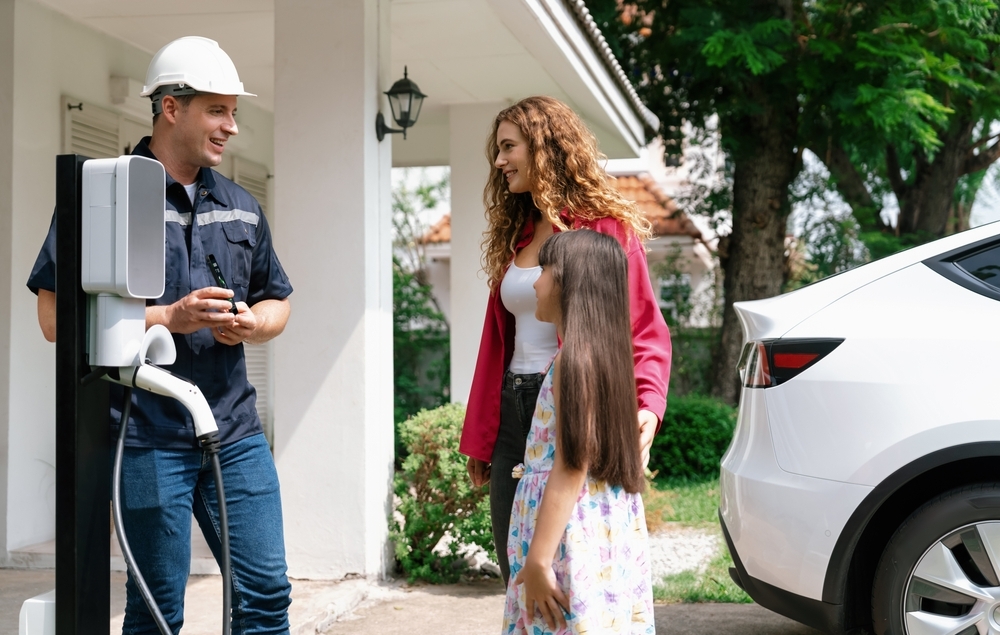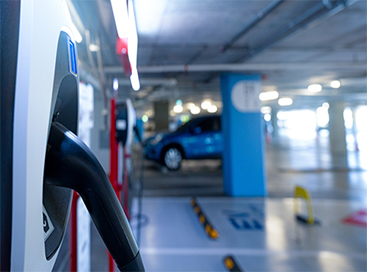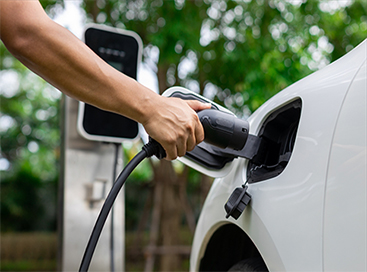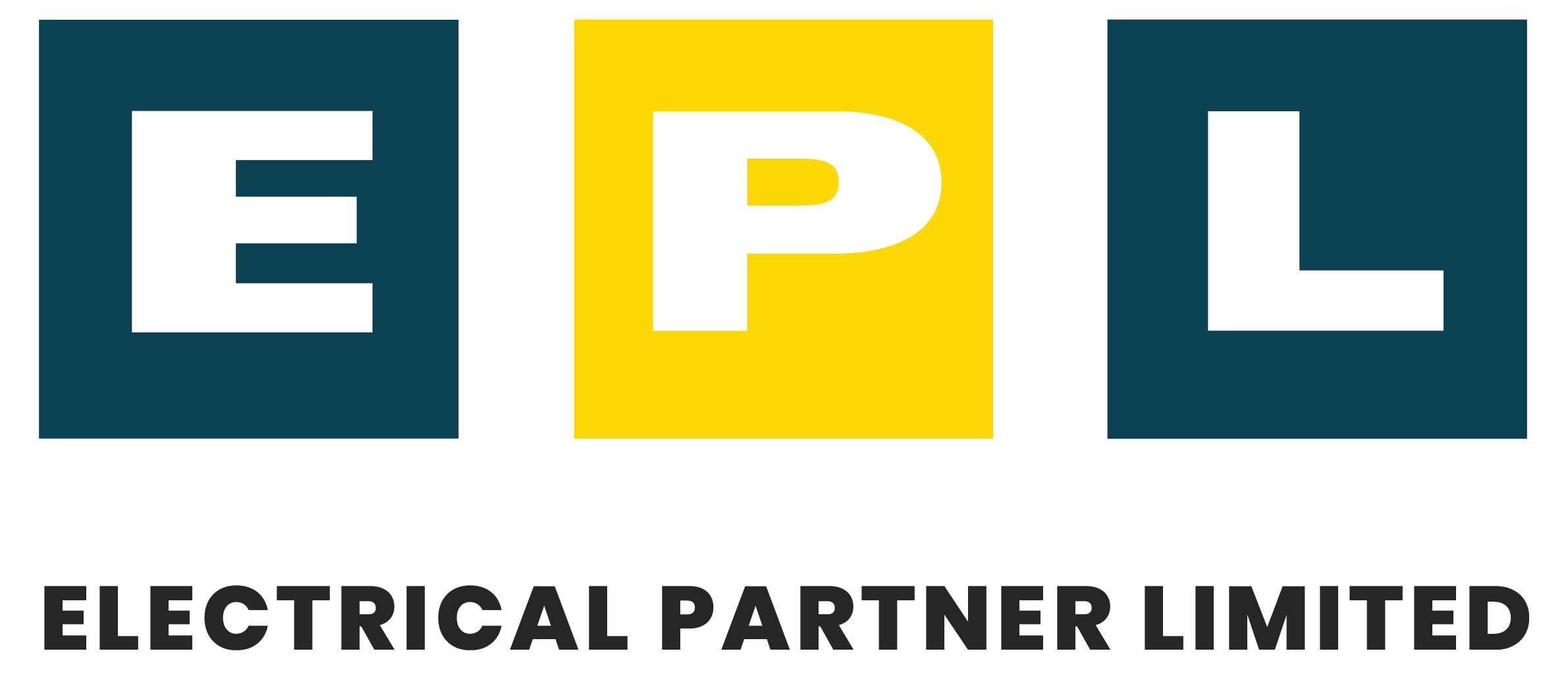Sustainable Drive



Residential and Commercial EV Charger Installation
Enjoy potential cost savings while driving confidently with EVs.
Reduce carbon emissions and improve air quality with EV adoption.
Convenient charging solutions for residential and commercial electric vehicles.
How can we help you?
Our Expertise in EV charging point installation
Benefits of Choosing EPL for Your EV Charging Needs
Seeking assistance with any of these tasks? Rest assured, we're here to support you.
Questions & Answers
The cost of installation can vary widely based on factors such as charger type, electrical panel capacity, and installation complexity. You can however refer to our listed products above to get a good idea of cost, and of course use the form to contact us if you would like expert advice from us and we can then give you an accurate quotation for Home EV Charging.
There are two main types of home EV chargers: Level 1 (120V) and Level 2 (240V). Level 2 chargers are faster and more common for home installations.
Charging times depend on the battery size and charger speed. A Level 2 charger typically adds about 20-30 miles of range per hour, while a Level 1 charger adds about 3-5 miles per hour.
While some Level 1 chargers can be plugged into a standard outlet, Level 2 chargers usually require professional installation by a licensed electrician for safety and compliance reasons.
While some Level 1 chargers can be plugged into a standard outlet, Level 2 chargers usually require professional installation by a licensed electrician for safety and compliance reasons.
Yes, many home chargers are compatible with multiple EVs. However, only one vehicle can charge at a time unless you install a dual-port charger.
Most home chargers are designed to work with various EV makes and models, but it’s essential to check compatibility with your specific vehicle
Many governments offer incentives, tax credits, or rebates to encourage the installation of home EV chargers. These incentives can help offset the installation costs.
Home EV chargers typically require minimal maintenance. Regularly inspect the unit for physical damage and ensure the electrical connections are secure. Additionally, keep the charging cable clean and free of debris.
